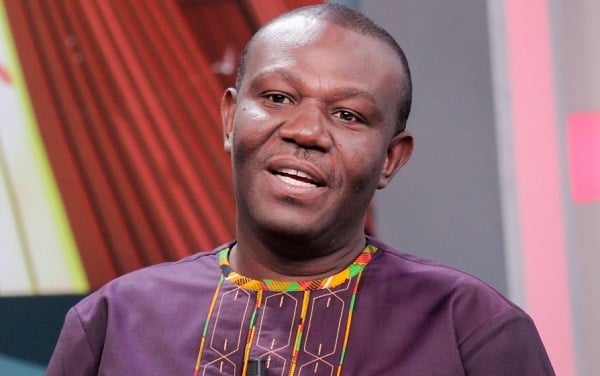The Special Committee tasked with investigating the tumultuous events that unfolded during the Appointment Committee’s vetting process has officially concluded its public hearings, marking a significant milestone in the ongoing parliamentary saga. However, the proceedings were far from smooth, plagued by controversy and boycotts that cast a long shadow over the committee’s efforts to uncover the truth and restore public confidence in the vetting process. The most prominent disruption came from the Minority caucus, whose members staged a complete boycott of the hearings, citing serious concerns about the perceived bias and lack of impartiality of the Committee’s Chairman, Emmanuel Bedzra. They argued that his leadership compromised the integrity of the investigation, rendering any potential findings suspect and undermining the committee’s credibility. This boycott, while highlighting deep-seated divisions within the parliament, also significantly limited the scope of the investigation, preventing the committee from hearing perspectives from all sides of the political spectrum.
Despite the absence of the Minority members and the resulting imbalance in representation, Chairman Bedzra remained resolute, asserting that the committee would proceed with its deliberations and submit a comprehensive report as initially planned. He emphasized the importance of completing the investigation despite the challenges, arguing that delaying or abandoning the process would further erode public trust and send a message that accountability could be selectively applied. His insistence on moving forward, however, was met with skepticism by some observers who viewed the boycott as a significant impediment to a thorough and impartial investigation. They questioned whether a report produced without the input of the Minority could truly be considered representative and objective, highlighting the potential for the findings to be perceived as politically motivated or incomplete.
Adding another layer of complexity to the already contentious proceedings was the conspicuous absence of the Clerk to Parliament, a key figure in the vetting process. Despite being summoned to appear before the committee to provide testimony and clarify crucial aspects of the vetting procedure, the Clerk failed to attend the hearings. This unexpected absence raised eyebrows and fueled further speculation about the potential irregularities surrounding the vetting process. The Clerk’s non-appearance deprived the committee of a valuable opportunity to gain insights into the inner workings of the vetting procedure and to address any potential procedural lapses or inconsistencies that may have contributed to the chaos. The reasons for the Clerk’s absence remain unclear, adding to the intrigue and raising questions about the level of cooperation and transparency within the parliamentary administration.
With the public hearings now concluded, attention has shifted to the eagerly awaited report from the Special Committee. Stakeholders across the political spectrum, as well as the general public, are anxiously anticipating the findings and their potential implications for parliamentary proceedings. The report is expected to shed light on the root causes of the chaos that marred the Appointment Committee’s vetting process, identify any individuals or groups responsible for the disruptions, and recommend measures to prevent similar incidents from occurring in the future. However, given the controversy surrounding the investigation, including the Minority boycott and the Clerk’s absence, the report is likely to be met with mixed reactions. Its credibility and impact will depend heavily on the perceived thoroughness of the investigation, the clarity of the evidence presented, and the objectivity of the recommendations.
The stakes are high, as the report’s findings could have significant ramifications for the credibility and functioning of the parliament. If the report identifies serious breaches of protocol or instances of misconduct, it could lead to disciplinary actions against individuals involved, potentially including members of parliament or parliamentary staff. Furthermore, the report’s recommendations for reforming the vetting process could have far-reaching consequences for how future appointments are handled, potentially leading to changes in parliamentary rules, procedures, and oversight mechanisms. The report’s impact will also depend on the political will to implement its recommendations and the willingness of all parties to work together to address the underlying issues that led to the breakdown in the vetting process.
Ultimately, the success of the Special Committee’s investigation will be measured not only by the content of its report but also by its ability to foster greater transparency, accountability, and public trust in the parliamentary process. The investigation has exposed deep divisions and raised serious questions about the conduct of parliamentary business. Moving forward, it will be crucial for all stakeholders to engage in constructive dialogue and work collaboratively to implement the necessary reforms to strengthen parliamentary procedures, ensure the integrity of the vetting process, and restore public confidence in the institution. The upcoming release of the report will undoubtedly be a pivotal moment, providing an opportunity for the parliament to learn from its past mistakes and chart a course towards a more effective and transparent future.














